The provisional findings of an independent analysis commissioned by the Northern Ireland (NI) agri-food industry suggests that livestock numbers will have to be cut by up to 85% to achieve a target of net zero carbon emissions by 2045.
That target is set out in a private members’ bill taken forward by NI Green Party leader Clare Bailey, currently being scrutinised by politicians at Stormont.
Giving evidence to the Stormont agriculture committee last Thursday, the chief executive of the NI Meat Exporters’ Association (NIMEA) Conall Donnelly delivered a blunt assessment of the proposed legislation. He criticised the lack of consultation on the targets within the bill, and the failure to understand what impact it might have on rural communities.
The scale of the NI dairy sector would have to reduce to a level
“In the absence of an impact assessment, we have commissioned one ourselves. On the basis of some provisional findings, in order to meet net zero, livestock numbers would likely need to fall by as much as 85%, based on currently available mitigation techniques,” Donnelly told members.
In his evidence, Dr Mike Johnson, the chief executive of the NI Dairy Council, suggested that the NI dairy sector would end up as a cottage industry if the net zero target is adopted.
“The scale of the NI dairy sector would have to reduce to a level, the milk production output of which we last saw in 1946. That’s why I say cottage industry – it would take us back to the future,” he said.
Second bill
Meanwhile, a second climate change bill is also coming before politicians at Stormont, which includes a target for NI to reduce 2050 emissions by 82% compared to 1990 levels.
Read more
Green groups have no plan to reach net zero
DAERA official pulls NI climate bill apart
The provisional findings of an independent analysis commissioned by the Northern Ireland (NI) agri-food industry suggests that livestock numbers will have to be cut by up to 85% to achieve a target of net zero carbon emissions by 2045.
That target is set out in a private members’ bill taken forward by NI Green Party leader Clare Bailey, currently being scrutinised by politicians at Stormont.
Giving evidence to the Stormont agriculture committee last Thursday, the chief executive of the NI Meat Exporters’ Association (NIMEA) Conall Donnelly delivered a blunt assessment of the proposed legislation. He criticised the lack of consultation on the targets within the bill, and the failure to understand what impact it might have on rural communities.
The scale of the NI dairy sector would have to reduce to a level
“In the absence of an impact assessment, we have commissioned one ourselves. On the basis of some provisional findings, in order to meet net zero, livestock numbers would likely need to fall by as much as 85%, based on currently available mitigation techniques,” Donnelly told members.
In his evidence, Dr Mike Johnson, the chief executive of the NI Dairy Council, suggested that the NI dairy sector would end up as a cottage industry if the net zero target is adopted.
“The scale of the NI dairy sector would have to reduce to a level, the milk production output of which we last saw in 1946. That’s why I say cottage industry – it would take us back to the future,” he said.
Second bill
Meanwhile, a second climate change bill is also coming before politicians at Stormont, which includes a target for NI to reduce 2050 emissions by 82% compared to 1990 levels.
Read more
Green groups have no plan to reach net zero
DAERA official pulls NI climate bill apart



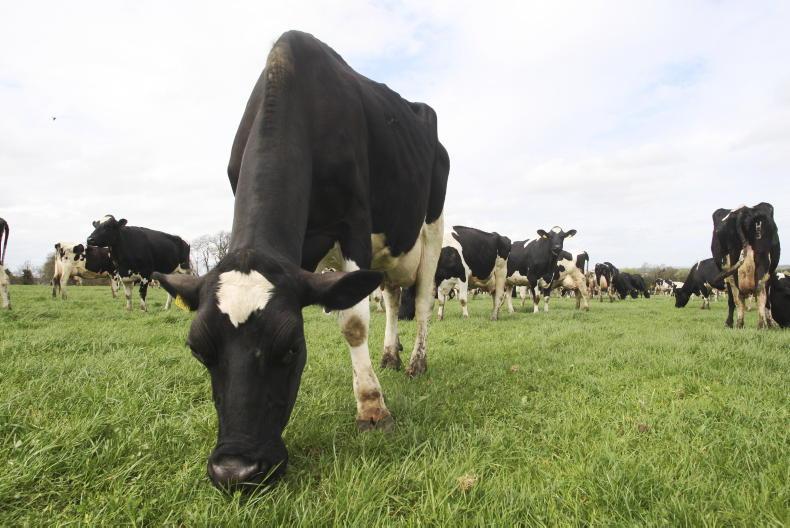

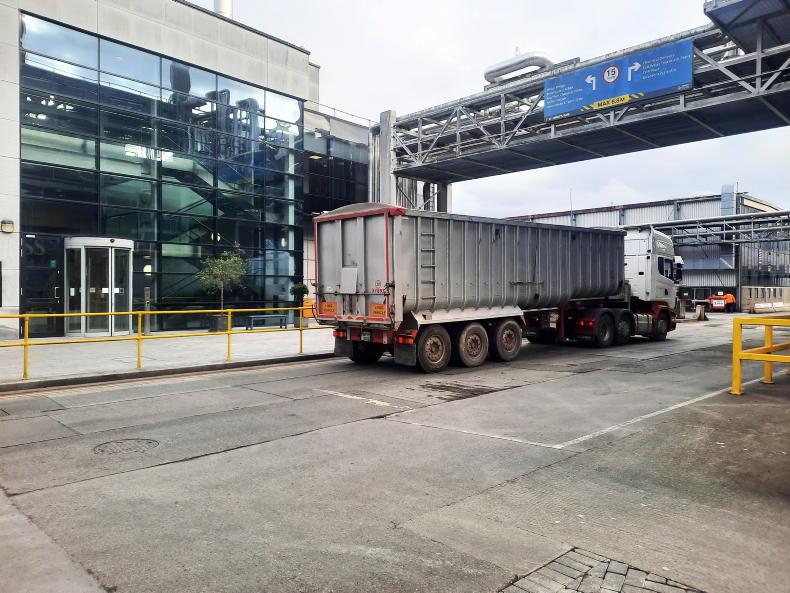
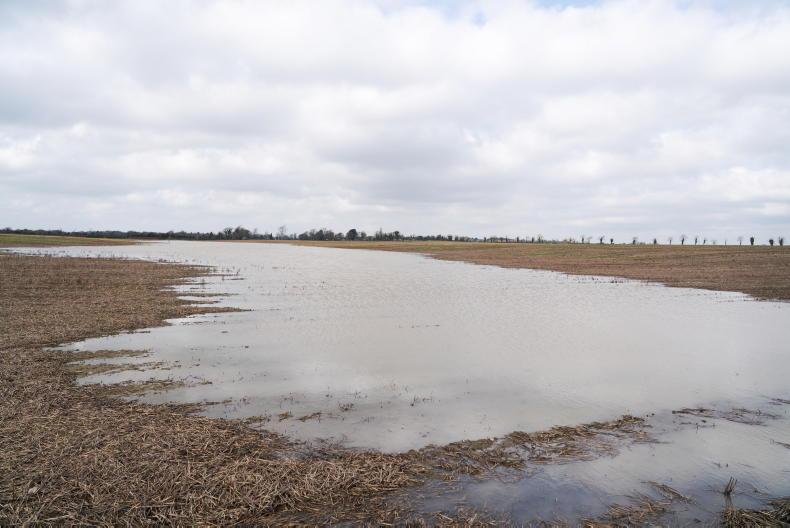
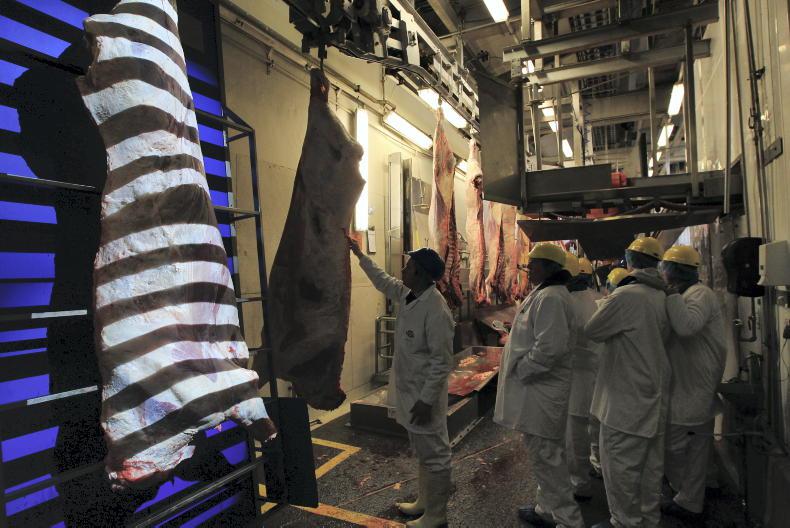
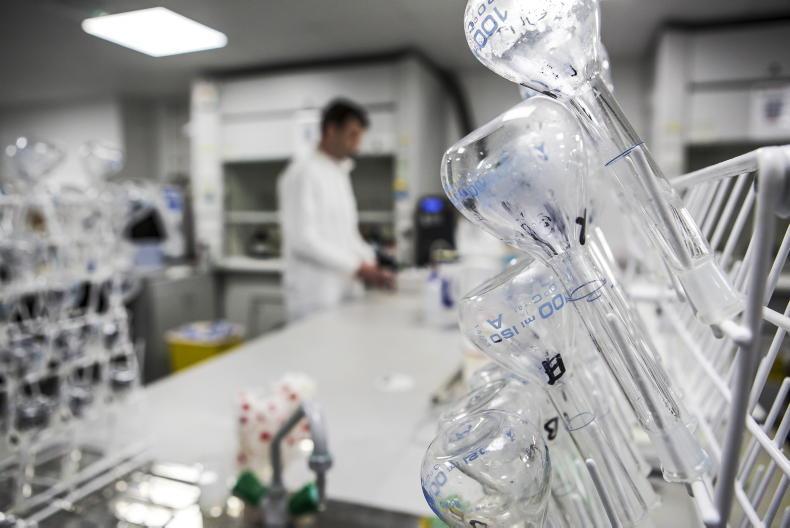
SHARING OPTIONS